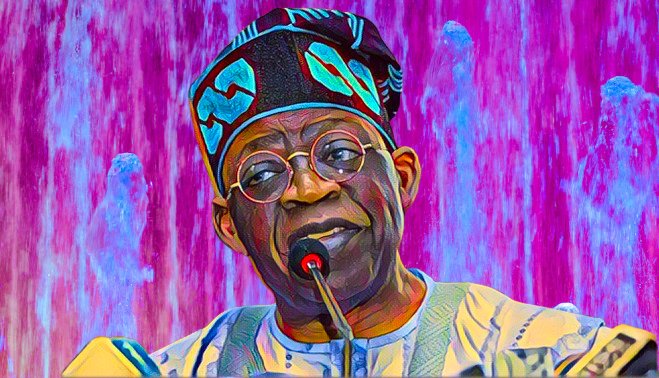In a move to bridge the gap between the government and local communities, Nigerian President Bola Tinubu has launched a new initiative. The program, led by the recently established Presidential Community Engagement Office, prioritizes empowering vulnerable citizens through community engagement. The core focus lies in grassroots development and fostering trust between the government and the people.
Building Trust Through Empowerment and Collaboration
Headed by Senior Special Assistant Moremi Ojudu, the office functions as a “super facilitator” between government agencies and local communities. This role involves ensuring citizens are aware of government policies, programs, and projects designed to improve their lives.
The empowerment initiative itself targets five key areas: agriculture, education, business development, healthcare, and revitalizing primary healthcare services. By directly engaging with communities and providing necessary resources, the Presidency hopes to rebuild trust and promote efficient progress.
“Empowering communities is key to the President,” said Ojudu. “Community engagement is the biggest tool the President is using to take back his policies, his projects, and his programs and ensure that these people have that renewed sense of hope.”
Aligning with “Renewed Hope Agenda” for Sustainable Development
The initiative falls in line with President Tinubu’s “Renewed Hope Agenda,” which emphasizes tackling development challenges through collaboration and harnessing local knowledge. The Information Minister, Mohammed Idris, applauded the initiative’s potential to foster solutions for sustainable development across the country.
Idris highlighted recent efforts to improve communication between the government and the public. This includes Ministerial Sectoral Briefings designed to facilitate an exchange of information and redefine citizen engagement on service delivery.
The Minister expressed confidence in Tinubu’s leadership and the “Renewed Hope Agenda’s” ability to deliver on its promises. These promises include economic progress, a united citizenry, strong foreign policy, climate security, and a focus on the well-being of girls.
The emphasis on community engagement and collaboration across sectors underscores the administration’s commitment to achieving the Sustainable Development Goals and building a brighter future for all Nigerians.
Challenges and Opportunities
While the initiative represents a significant step towards empowering vulnerable Nigerians, challenges remain. The Presidential Community Engagement Office will need adequate resources and manpower to effectively cover all communities across the country. Additionally, ensuring cooperation and information sharing between local authorities and residents will be crucial for the program’s success.
Success will also hinge on effectively addressing the root causes of poverty and vulnerability in these communities. This may involve tackling issues like limited access to education and healthcare, inadequate infrastructure, and a lack of economic opportunities.
Source: Vanguard



